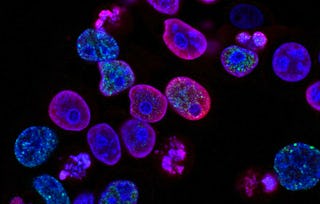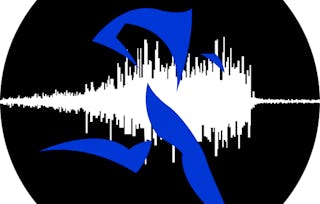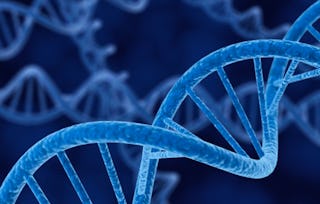What promise do stem cells hold for the treatment of medical conditions? In this five-part online course you will explore the history and basic biology of stem cells, learn about new research techniques, and find out how stem cells could lead to cures for diseases and to individualized medicine. You will hear from Museum scientists, medical researchers at the frontiers of the field, and a panel of bioethics experts who will address the ethical implications of stem cell research and therapy. Learn what has already been accomplished, what challenges remain, and what medical breakthroughs may lie ahead.

The Science of Stem Cells
Seize the savings! Get 40% off 3 months of Coursera Plus and full access to thousands of courses.

3,208 reviews
Details to know

Add to your LinkedIn profile
10 assignments
See how employees at top companies are mastering in-demand skills

There are 5 modules in this course
Instructor

Offered by
Explore more from Basic Science
 Status: Free Trial
Status: Free TrialUniversity of Colorado Boulder
 Status: Free Trial
Status: Free TrialUniversity of Colorado Boulder
 Status: Free Trial
Status: Free TrialUniversity of Colorado Boulder
 Status: Preview
Status: PreviewAmerican Museum of Natural History
Why people choose Coursera for their career

Felipe M.

Jennifer J.

Larry W.

Chaitanya A.
Learner reviews
- 5 stars
77.68%
- 4 stars
19.79%
- 3 stars
2.02%
- 2 stars
0.34%
- 1 star
0.15%
Showing 3 of 3208
Reviewed on Dec 19, 2025
A very informative and interesting course and very easy for understanding I learnt a lot from this course thank you very much for providing study materials and lectures related to this course.
Reviewed on Aug 3, 2021
Very informative course, within this short course you can understand pros and cons of the stem cell technology and also about ethics of stem cell research and a good set of case studies.
Reviewed on May 6, 2020
The course is really good, informative. Can understand easily. Interesting. Have information of research process, expected results, application. And ethical issues are well explained

Open new doors with Coursera Plus
Unlimited access to 10,000+ world-class courses, hands-on projects, and job-ready certificate programs - all included in your subscription
Advance your career with an online degree
Earn a degree from world-class universities - 100% online
Join over 3,400 global companies that choose Coursera for Business
Upskill your employees to excel in the digital economy

